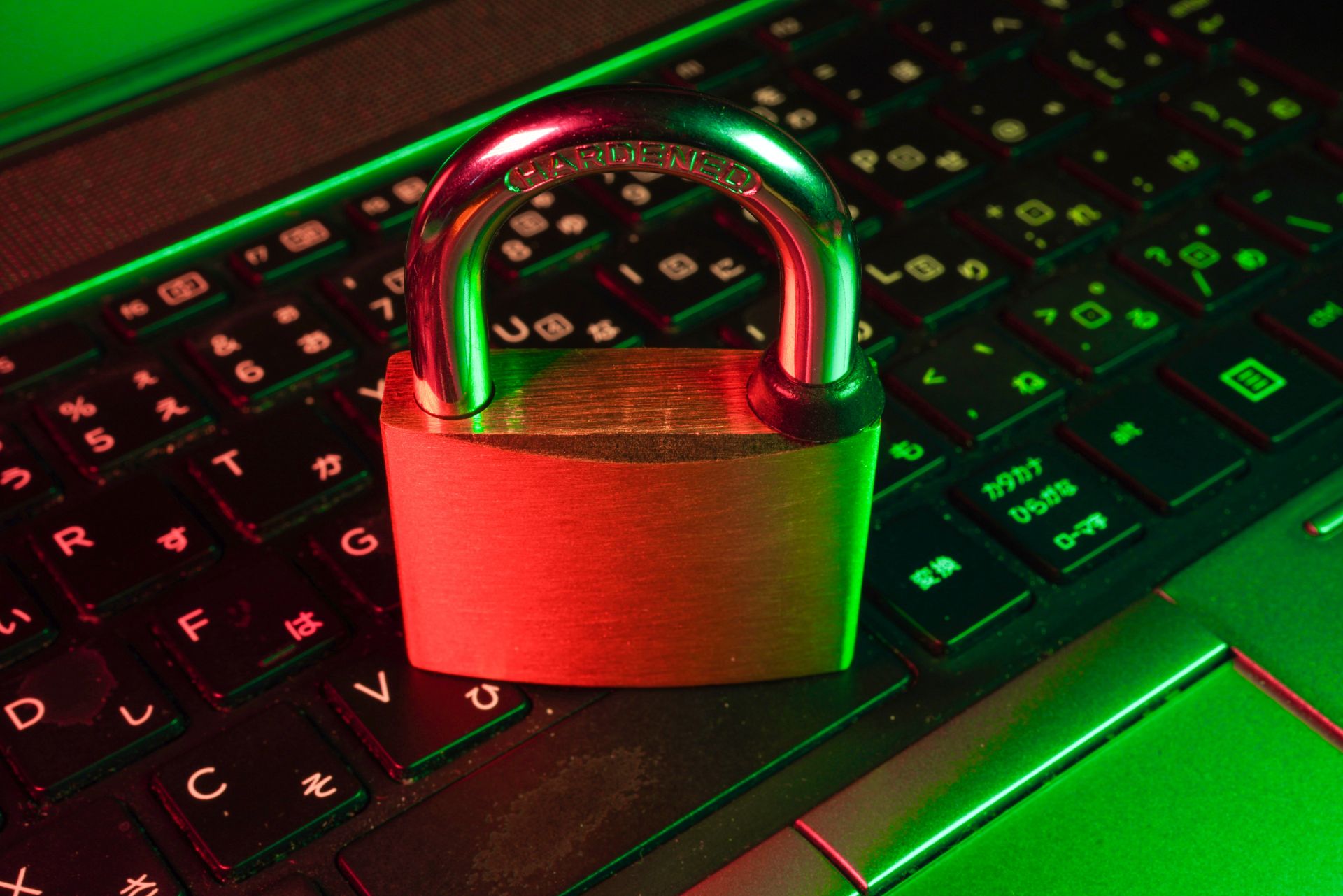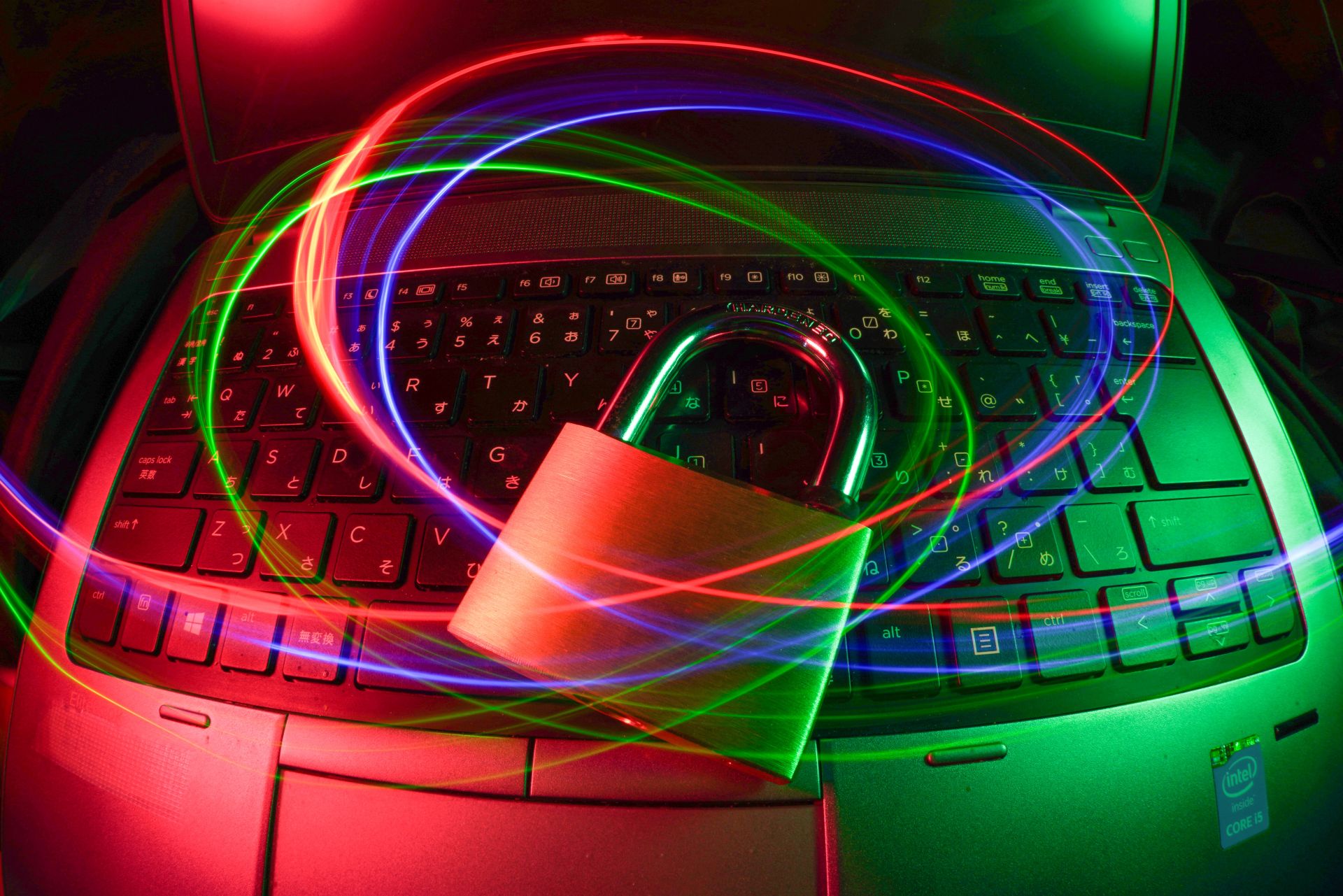The recent CoWIN data leak has exposed the personal and vaccine information of many people, including “VIPs” like political leaders, journalists, and a bunch more important people. The information of many was published on Telegram, and they were allegedly available on the application.
Data and personal information of those who registered for the CoVID-19 immunization on the CoWIN app are supposedly now freely available on the Telegram app, which is a worrying trend. A Telegram bot may be used to obtain the information quickly. Media sources claim that the bot has been disclosing information like date of birth, phone number, Aadhar information, PAN information, and even passport information, among other things, and that anybody may access these facts.
Moreover, the information is pretty easy to obtain on the application. Those who find the right channel and put in the phone number or Aadhar number of an individual will be able to reach their personal information listed above.

Which politicians are affected by the CoWIN data leak?
Several politicians’ information, including that of Telangana’s minister of information and communication technology Kalvakuntla Taraka Rama Rao (also known as KTR), DMK member Kanimozhi Karunanidhi, BJP Tamil Nadu President K Annamalai, Congress member Karti Chidambaram, and former union minister of health Harsh Vardhan of the BJP, was easily accessible, according to a report by The News Minute.
The Union Health Ministry’s secretary Rajesh Bhushan was one of the victims of the data breach, according to the Malayalam newspaper. According to the article, when Bhushan’s number was input, information like the last four letters of his Aadhaar number and his birthdate was made public, along with information on his wife, Ritu Khanduri, an MLA for Uttarakhand from Kotdwar.
The information of former Union Minister P Chidambaram, Congressmen Jairam Ramesh and K C Venugopal, journalists Rajdeep Sardesai (India Today) and Barkha Dutt (Mojo Story), and Rajya Sabha MP and TMC leader Dered O’Brien were also leaked similarly, according to All India Trinamool Congress spokesperson Saket Gokhale.
The following statement was made by Gokhale on Twitter about the CoWIN data leak: “There has been a MAJOR data breach of the Modi Govt where personal details of ALL vaccinated Indians including their mobile nos., Aadhaar numbers, Passport numbers, Voter ID, Details of family members, etc. have been leaked & are freely available.”
Journalists including:
1. Rajdeep Sardesai of India Today
2. Barkha Dutt of Mojo Story
3. Dhanya Rajendran of The NewsMinute
4. Rahul Shivshankar of Times Now@sardesairajdeep @BDUTT @dhanyarajendran @RShivshankar(4/7) pic.twitter.com/zJv094RRiU
— Saket Gokhale (@SaketGokhale) June 12, 2023
According to The News Minute, the CoWIN data leak bot also provided information on everyone who had used the same registration number to enroll for the inoculation. The passport number of Kanimozhi’s son was also readily available. The accuracy of the information provided by the bot was checked by a TNM journalist who used her CoWIN registration ID to register for three people’s vaccinations. Around 9:30 am, the bot was destroyed.
MSP cybersecurity: What you should know
How to stay safe against data leaks
Data breaches, like the CoWIN data leak, pose a severe risk to both people and businesses. Data leaks can make private information, including financial information, trade secrets, intellectual property, and more, publicly available. Additionally, data breaches can harm people’s reputations, result in legal issues, and cost money.
- Use strong passwords and change them regularly.
- Use encryption and VPNs
- Avoid phishing and malware
- Be careful with social media and public Wi-Fi.
- Educate yourself and others.

Use strong passwords and change them regularly
A strong password should include at least 12 characters, use capital and lowercase letters, digits, and symbols, and stay away from terms or phrases that are often used. Additionally, you must use several passwords for various accounts and services, changing them often or anytime you suspect a compromise.
Use encryption and VPNs
Data is encrypted so that only those with the proper access may decipher it. While you send an email or surf the internet, for example, or while storing files on your device or in the cloud, encryption may safeguard your data both in transit and at rest. Virtual private networks, or VPNs, are services that establish a safe connection between your device and a distant server while concealing your IP address and location from prying eyes.
Avoid phishing and malware
Phishing is a sort of cyberattack that use phony emails, websites, or messages to convince you to divulge your personal or financial information or click on nefarious links or files. Always verify the sender’s address, the subject line, and the body of any strange emails or messages before opening them or clicking any links in order to avoid phishing and malware. Additionally, you have to utilize antivirus software and maintain it up to date.
The cosmic dance of security in the cloud
Be careful with social media and public Wi-Fi
If you reveal too much personal information or post something that can jeopardize your security or privacy, social media sites could become a source of data breaches. Regularly check your privacy settings, and restrict who may read your posts and profile. Without a VPN, you should also avoid utilizing public WiFi networks since they are vulnerable to hacking and third-party surveillance.
Educate yourself and others
Knowing the dangers and the best ways to secure yourself and your data is the greatest method to stop data breaches. You should also spread the word about the value of data security and privacy to those who are close to you, including your family, friends, coworkers, and employees.





